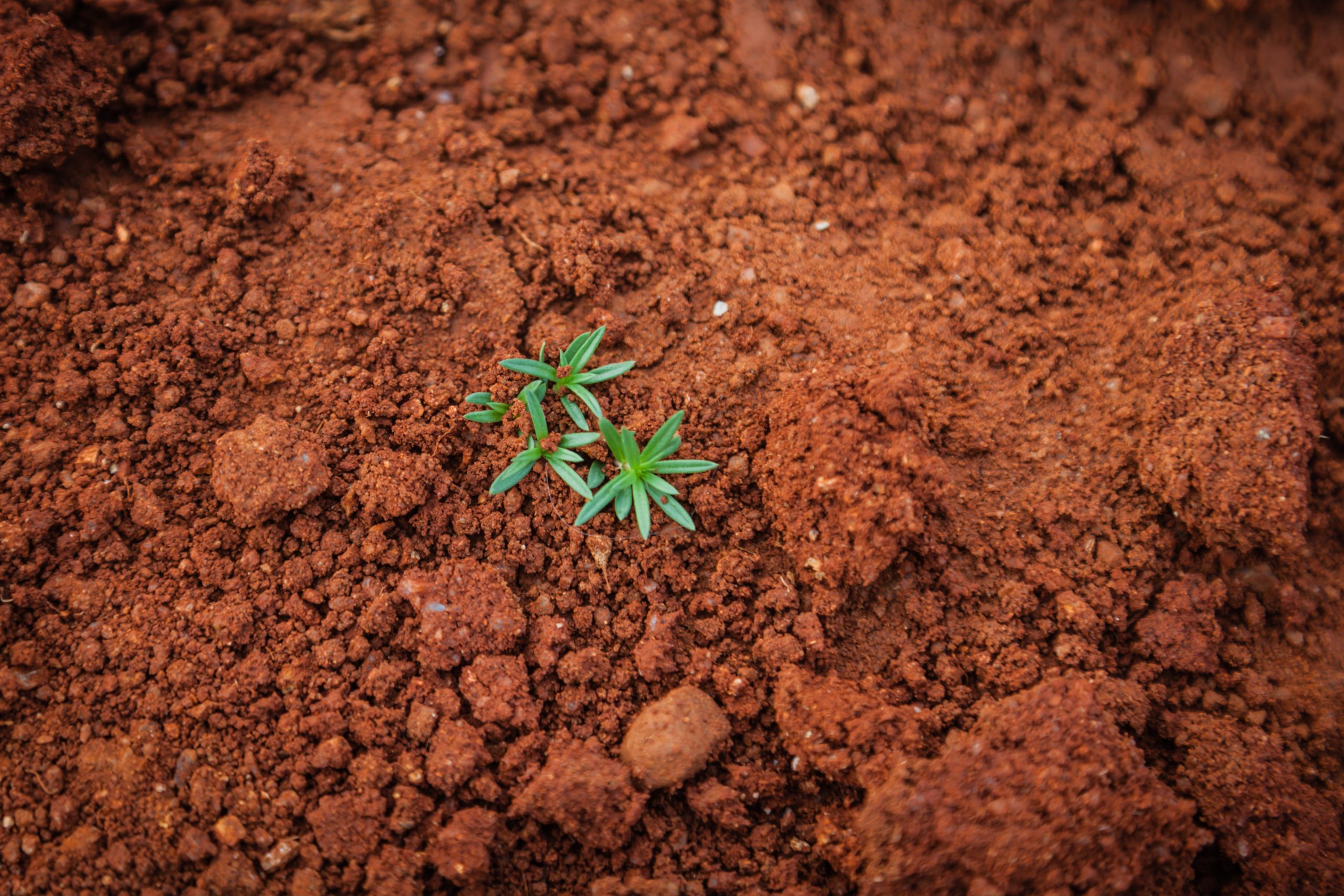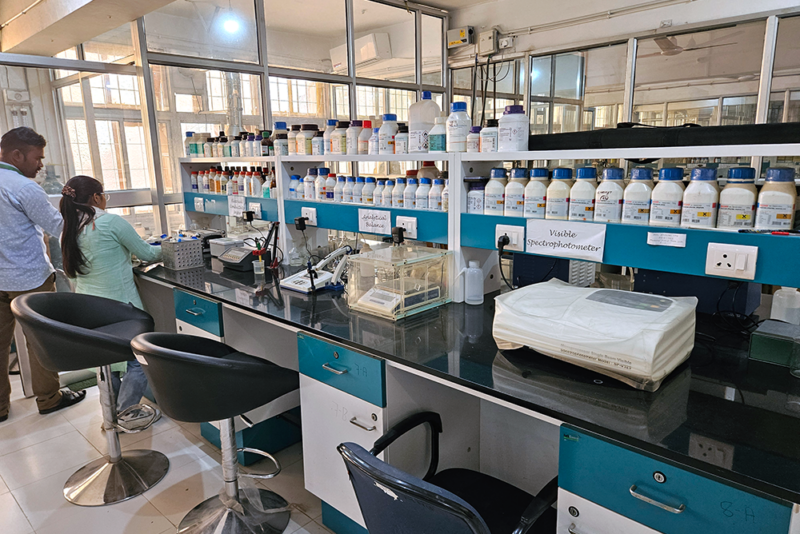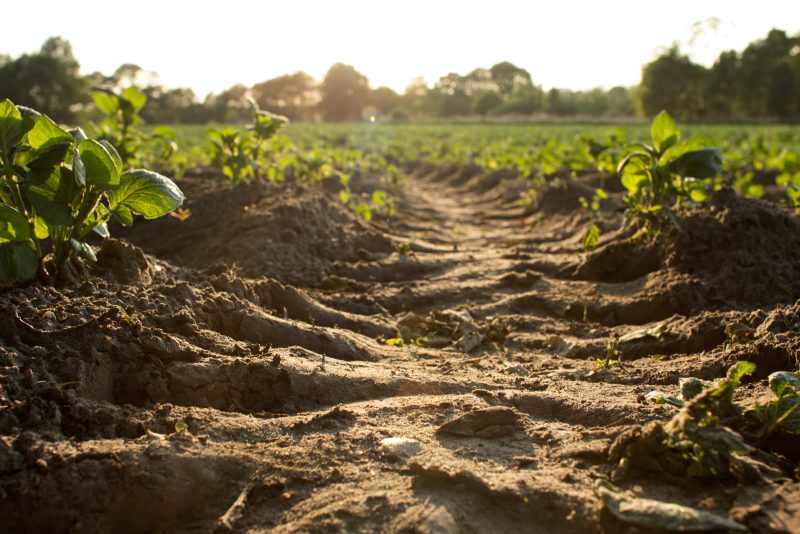Optimizing Soil Health

As its population continues to rise, India will need to produce more food with fewer resources. Ensuring optimum soil health is a key prerequisite to achieving the necessary level of crop production. TCI’s Soil Health Project focuses on soil health enhancement to increase agricultural productivity, reduce malnutrition, and improve the rural environment.
Poor soil, low yields
Soils are dynamic and complex living systems that can be influenced by a range of factors, like land management practices, crop diversity, or climatic changes. Understanding the relationship between land management, soil health, and crop yield can help boost farm production and develop sustainable land management systems, especially in India, where overall soil quality is on the decline.
In current Indian production systems, it is very common to focus only on chemical enhancements like fertilizers to boost production. This approach ignores physical and biological factors that affect soil health. The overuse of chemical fertilizers can also degrade overall soil health over time, threatening long-term crop yields.
Building soil health infrastructure
Together with researchers in the Soil and Crop Sciences Section at Cornell’s School of Integrative Plant Science, TCI has developed a “soil assessment framework” for Indian agricultural land. This framework uses basic physical, chemical, and biological indicators to assess soil functioning, identify constraints, and develop new management practices based on actual conditions to improve soil functioning.
TCI works to improve soil management practices by raising awareness of Cornell’s comprehensive soil assessment framework among India-based institutions and NGOs, while also developing soil-health-testing infrastructure in India.
Working with TCI Faculty Fellow Dr. Harold van Es, TCI established a partnership with Dr. Rajendra Prasad Central Agricultural University (DRPCAU) and helped build a soil health laboratory on its campus in Pusa, Bihar, complete with the equipment necessary for comprehensive testing. TCI researchers conduct training sessions at the DRPCAU lab, instructing scientists and doctoral students to use the soil health assessment framework. Several DRPCAU MS and PhD students have completed research projects on sustainable soil management practices using laboratory and assessment frameworks.
Long-term experimentation
TCI researchers and partners conduct long-term experiments in Bihar, collecting and analyzing soil samples from farmer fields. These experiments contribute to the development and implementation of soil health “scoring functions” for the state.
Establishing soil management guidelines
Continuing research under the Soil Health Project aims use the comprehensive soil health assessment to develop soil health management guidelines for major crops in Bihar, India. Researchers work to identify appropriate management techniques that address primary soil constraints, using testing on farms in the region to determine the most effective interventions.
Based on this research, TCI aims to produce training materials for soil health management and work with local organizations and government offices to mainstream improved practices in Bihar.





